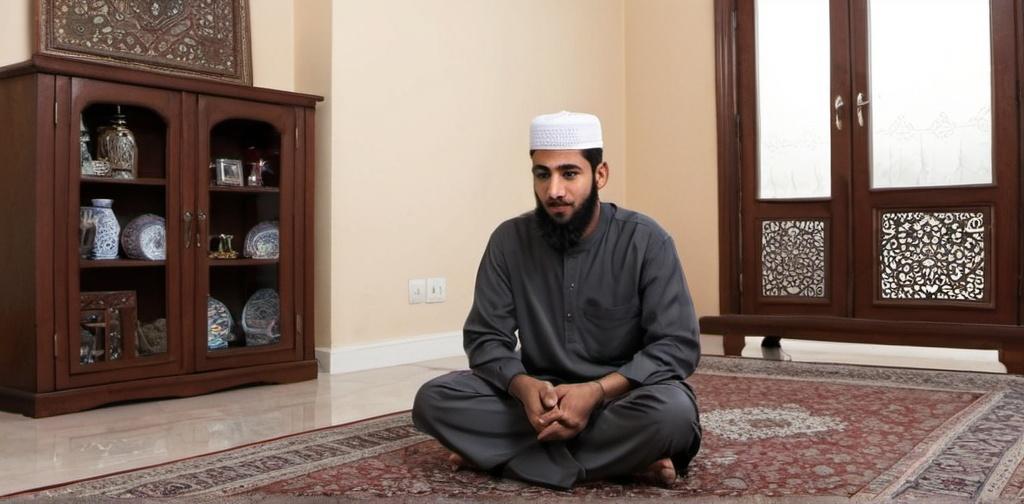Learn more about Contracts for Difference (CFDs)

Understanding Contracts for Difference (CFDs)
Contracts for Difference, or CFDs, might sound like another piece of financial jargon. But they’re pretty straightforward: a contract between you and a broker to pay the difference in the value of an asset from when the contract is opened to when it’s closed. No need to own the actual asset—just speculate on price movements. Simple, right?
CFDs are popular because they allow traders to bet on market movements without the full commitment of buyin’ assets. They’re like the ultimate “I-just-want-to-see-where-it-goes” tool for folks who want to play the market with less upfront cash.
The Halal or Haram Debate
Now, let’s tackle the elephant in the room: are CFDs halal or haram? In Islam, financial activities are supposed to be free from riba (interest), gambling, and excessive uncertainty—sometimes called gharar. Let’s see how CFDs stack up.
- Riba: Interest is a no-go in Islamic finance. CFDs don’t inherently involve interest unless you’re holding a position overnight. Be careful of overnight financing, sometimes called “swap” fees.
- Gharar: CFDs involve a fair bit of speculation. You’re betting on price movements without owning the asset. The level of risk and uncertainty can be a sticking point here.
- Maysir (gambling): If your CFD trading is akin to a roll of the dice, that’s a problem. Trading should be based on knowledge and analysis, not chance.
The Role of Islamic Brokers
Here’s where things get interesting. Islamic brokers are stepping up with CFD accounts designed to sidestep some of these issues. Imagine a swap-free account that removes overnight interest, making it more appealing for Muslim traders. But they often tack on an admin fee to replace the swap charges—could this be a workaround or just semantics? A matter of perspective.
Common Concerns and Considerations
While Islamic CFD accounts sound like a solution, some scholars argue it’s still speculative and uncertain, landing it in the haram camp. Others say, with proper knowledge and risk management, CFDs are permissible. This is where personal judgment and consultation with knowledgeable scholars come into play. Keep in mind, the absence of riba doesn’t automatically make it halal.
Transparency and Intent
It’s crucial to approach CFDs with clear intentions and understanding. If you’re informed and analytical, rather than speculative, some argue that CFDs could align with Islamic principles under certain conditions. This isn’t a green light, but rather a call for caution and due diligence.
Case in Point: Personal Experience
I once stumbled into the CFD world, fingers crossed, thinking I was the next market wizard. Spoiler: I wasn’t. I learned the hard way that the absence of asset ownership means you’re playing a high-stakes guessing game, not investing. But when I shifted gears to informed trading with an Islamic account, things started to align more with my values.
Conclusion
The debate over whether CFDs are halal or haram is far from black-and-white. The key lies in knowledge, intent, and the ability to manage risk without crossing the line into gambling. Each trader must evaluate their own practices and consult with Islamic financial experts to ensure their trading aligns with their faith. Ultimately, every decision should reflect not only financial savvy but also spiritual integrity.